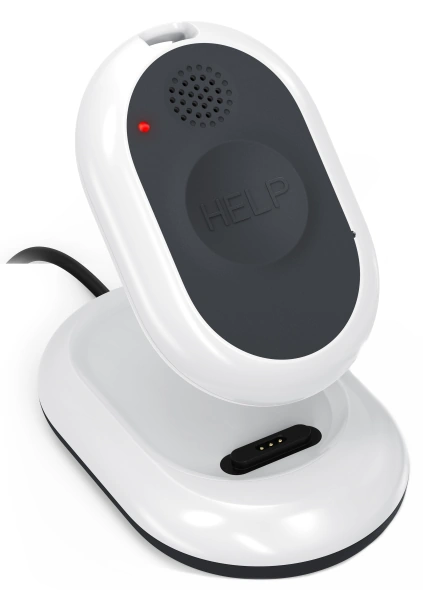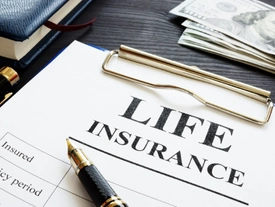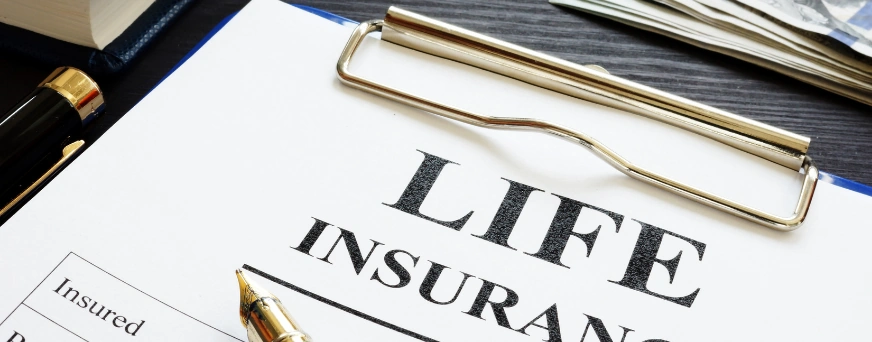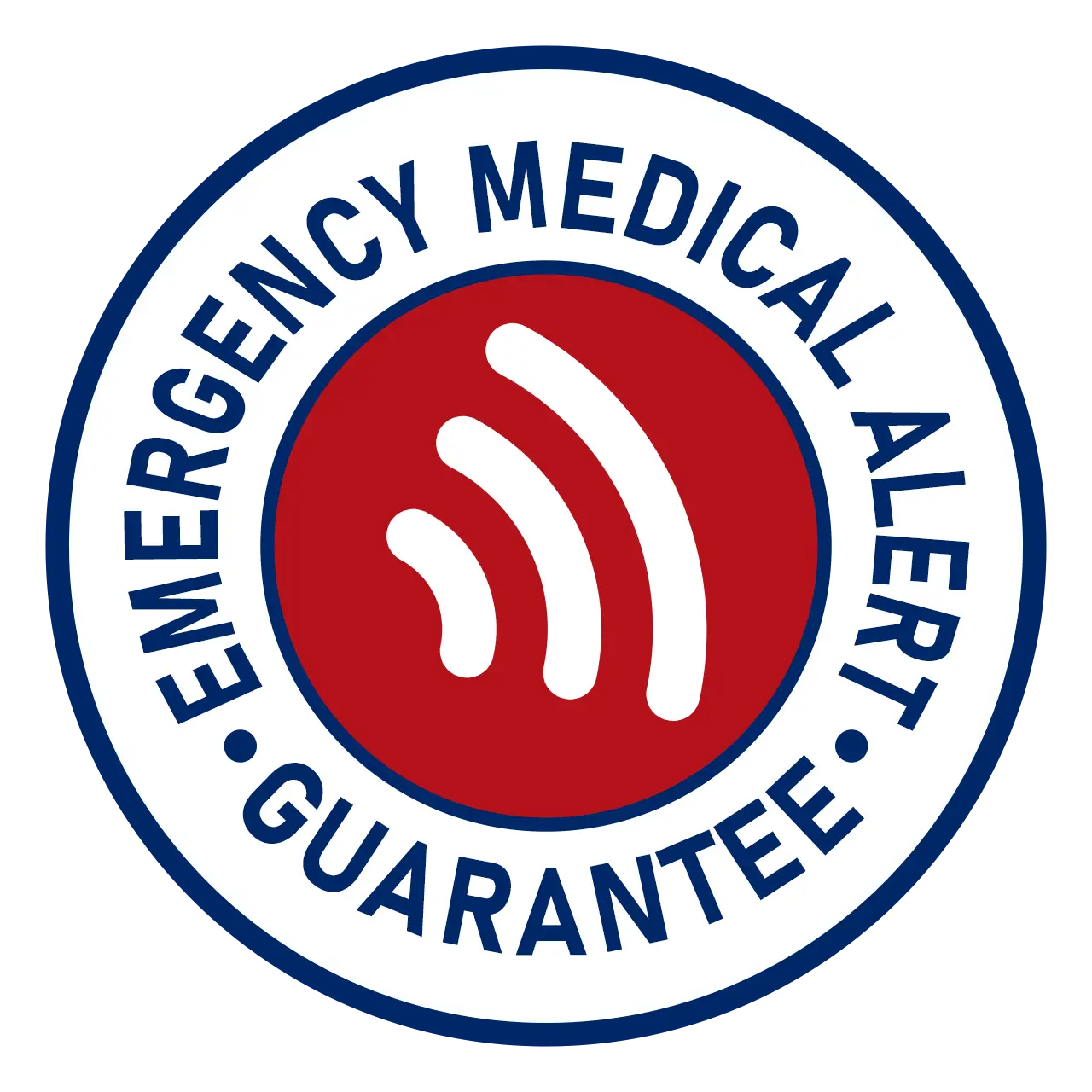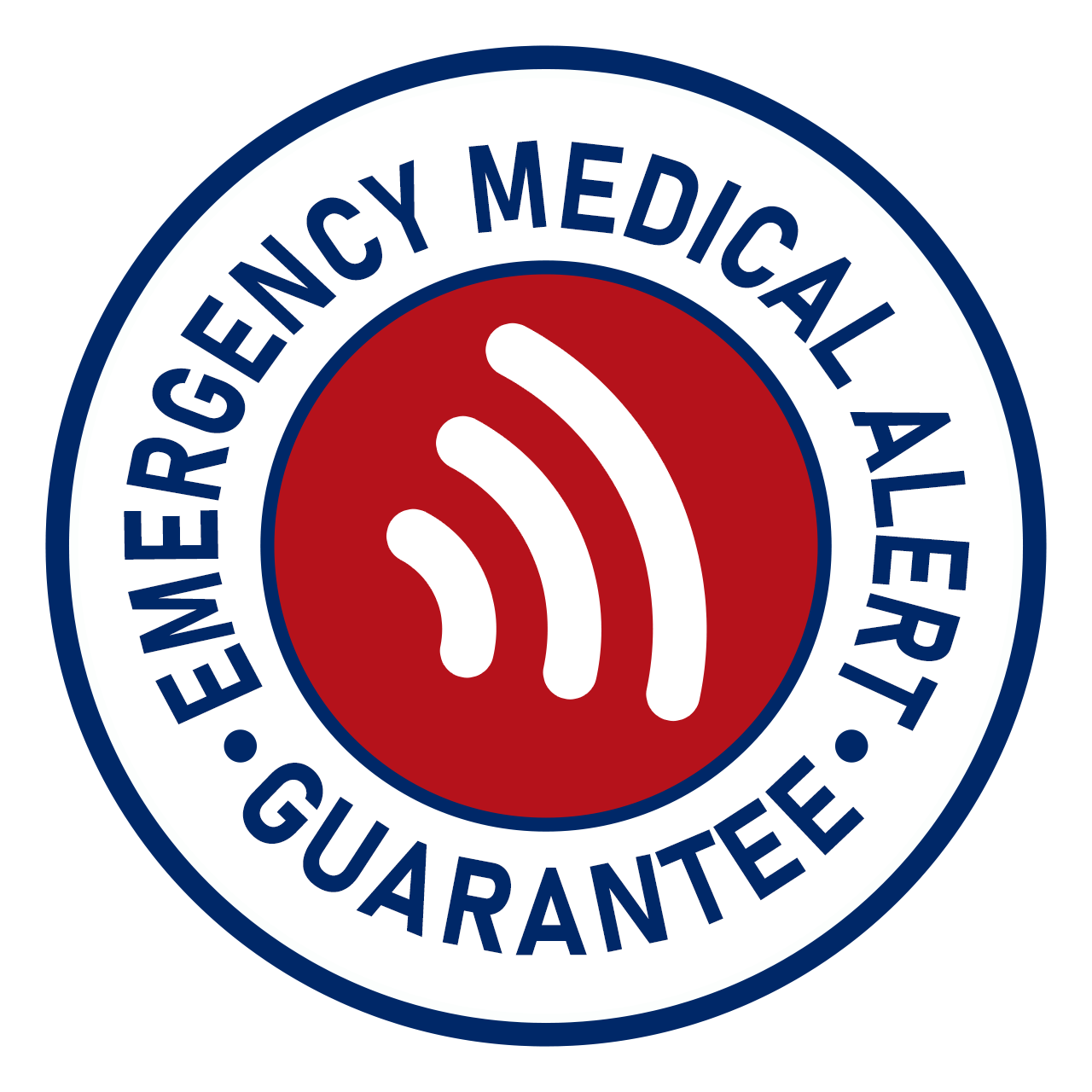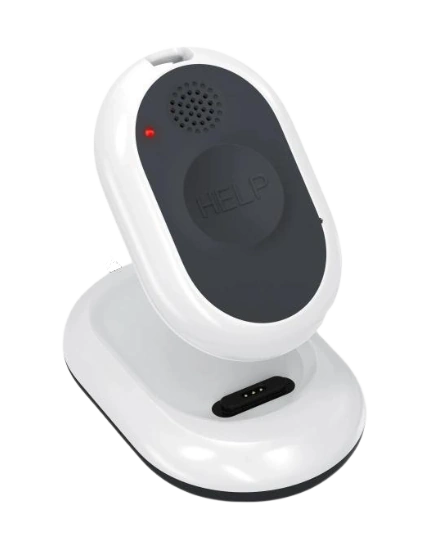Am I Having A Heart Attack? – Helpful Quiz To Spot The Early Warning Signs
Key Takeaway
Recognizing early heart attack signs such as chest pressure, shortness of breath, nausea, or pain in the arms, jaw, neck, or back is crucial. Timely awareness and quick action can save lives and ensure proper medical care is received.
Heart attacks often leave you with little time to react. Finding out the early warning signs is important so you can jump to action at the right time. This article helps you understand this condition through an Am I having a heart attack female quiz and male quiz.
Why Early Detection Of A Heart Attack Matters
The effects of a heart attack can be minimized if you understand the symptoms beforehand. Early detection is the way to ensure you survive and your heart muscles do too. Good recognition is how heart function is preserved in the long run.
Common Symptoms Of A Heart Attack
These are the common symptoms of a heart attack you should know about:
Chest Pain Or Discomfort
Chest pain is the most common symptom. It is a squeezing/ pressurized sensation in your heart area. It can also feel like fullness or pain at the center of the chest. It persists for more than a few minutes. Some people might mistake it for indigestion or heartburn as well. Recognizing this pain is done when it does not go away quickly and worsens with physical activity.
Pain In Arms, Jaw, Neck, Or Back
The pain associated with heart attacks is not confined to the chest. It radiates to the left arm, jaw, neck, and back too. Sometimes the pain diffuses continuously, so it is harder to pinpoint its location. This pattern of pain, when accompanied by other symptoms, should raise a red flag. You should always take this symptom seriously if you have a history of heart or other risk factors.
Shortness Of Breath
Shortness of breath is another common symptom. It is a problem because it happens even when you engage in mild activity or are at rest. You can even start feeling suffocated when this happens. This is because the heart is struggling to pump well. This symptom of chest discomfort is a sign that you should get medical attention as soon as possible.
Cold Sweat, Nausea, or Lightheadedness
Breaking into a cold sweat and feeling nauseous for no reason can also be indicators. In other circumstances, you might even feel lightheaded. These symptoms appear without triggers and can be mistakenly taken as signs of anxiety/gastrointestinal issues. A combination of these signs should prompt you to seek immediate medical help.
The Heart Attack Warning Signs Quiz

Self-assessment is an important way to stay aware of your heart health. The following quiz is a great way to help you review your condition and find if you are facing early warning signs of a heart attack. Please note that this quiz is not a diagnosis but only a helpful guide so you understand your symptoms.
Ask Yourself These Questions
-
Do you feel pressure or pain in your chest?
-
Are you experiencing shortness of breath at rest?
-
Is the pain spreading to your arms, back, jaw, and neck?
-
Have you felt sudden fatigue or weakness without exertion?
-
Are you breaking out in a cold sweat?
-
Have these symptoms lasted more than 5 minutes?
-
Do you have a history of heart problems?
-
Are you over 40 with risk factors such as high blood pressure, high cholesterol, diabetes, or a history of smoking?
-
Are you feeling unusually anxious or have a sense of doom?
Reflect on these questions carefully. A lot of heart attack survivors have experienced several of these symptoms before the onset of a full-blown attack. Take your time to assess your condition so you can seek medical help.
Scoring Guide
If you are saying yes to three or more of these questions, it is important to consider this a warning sign. Some symptoms may be due to other, less severe issues, but a combination of these is not normal. This is especially dangerous if you are a person who is at risk of heart conditions. If so, please go to the doctor. Mild symptoms should not be ignored either. Remember, this quiz is only your guide, and only a medical checkup can declare a sure result.
What To Do If You Are Having A Heart Attack?

Finding you have these symptoms is only the first step. If you are suffering from these symptoms, here are some critical actions to take without delay:
Call Emergency Services Immediately
You need to call for help in times like these. Dial the local emergency number if you spot these warning signs. Professional medical teams are trained to provide you with immediate care and can perform life-saving interventions before you reach the hospital. The sooner the help is called, the better the chances for a positive outcome.
Do Not Drive Yourself To The Hospital
While it is tempting to rush to the hospital, driving yourself is not a good or viable option. A heart attack can impair your ability to concentrate and operate a vehicle safely. Instead, allow a trained professional or a trusted family member to transport you promptly.
Chew An Aspirin If Advised
If your healthcare professional allows it, chew an aspirin when the symptoms begin. Aspirin can prevent further blood clotting by thinning the blood. This improves the blood flow to the heart. However, only do this if you are certain of your condition or if a doctor has advised it in the past.
Stay Calm And Sit/Lie Down
While the emergency services are on their way, do not stress yourself out. This can cause heart strain. Rest in a comfortable position and avoid any movement. If you live with others, inform them of your situation so they can assist you well.
Avoid Delay Even If The Symptoms Feel Mild
Heart attack symptoms may sometimes be deceptive. Even if the discomfort seems mild and you think it will pass, you should still not delay getting help. Early intervention is everything that helps you prevent more damage to the heart. If you are doubtful, choose to get a medical evaluation.
Conclusion
Knowing about the early warning signs of a heart attack is needed by everyone who is at risk. The quiz in this article is so you can know the key symptoms and also take prompt actions after recognizing them in your body.


